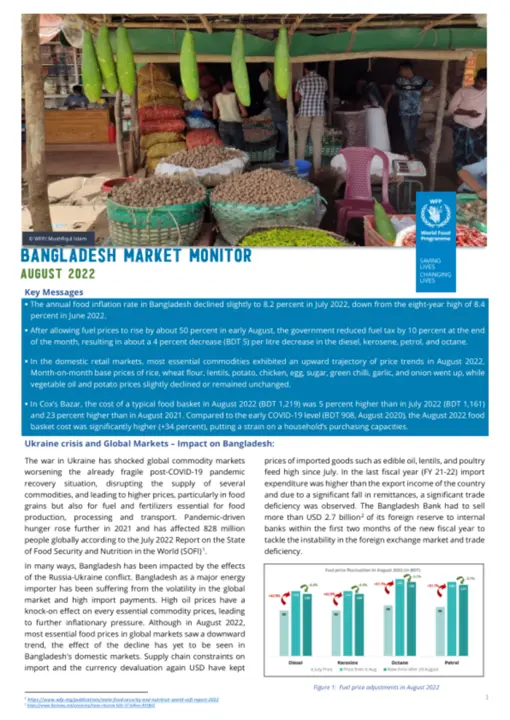What happens if inflation is 50 percent per month?
-
Apr, 27 2023
-
0 Comments

Understanding the Basics of Inflation
Inflation is a term we often hear in discussions about the economy, but what does it actually mean? At its core, inflation is the rate at which the general level of prices for goods and services is rising, and subsequently, the purchasing power of currency is falling. In this section, we will explore the basics of inflation, its causes, and how it is measured. By understanding the fundamentals, we can better comprehend the potential effects of a high inflation rate like 50 percent per month.
The Impact of High Inflation on the Economy
Now that we have a basic understanding of inflation, let's delve into the consequences of a high inflation rate on the overall economy. A 50 percent monthly inflation rate means that prices are rising extremely quickly, causing the value of money to drop at an alarming rate. This can lead to a myriad of economic problems, such as reduced purchasing power, increased production costs, and a decrease in investment. In this section, we'll discuss these consequences in more detail and explore how they can affect both businesses and consumers.
Effects on Savings and Investment
With a monthly inflation rate of 50 percent, the value of money saved or invested will rapidly decrease, making it difficult for individuals to plan for their future. This uncertainty can lead to reduced savings and investments, as people may be hesitant to lock their money away in long-term investments. Additionally, high inflation rates can cause interest rates to rise, further discouraging borrowing and investment. We'll explore these impacts on savings and investment in this section and discuss potential strategies for mitigating these risks.
Implications for Businesses
High inflation rates can create a challenging environment for businesses, as production costs may rise rapidly and unpredictably. This can lead to reduced profits and potentially force companies to lay off workers or cut back on production. In this section, we'll discuss the various ways that a 50 percent monthly inflation rate may impact businesses, from managing increased costs to making strategic decisions in a volatile economic climate.
Consumer Behavior and High Inflation
As prices rise rapidly due to high inflation, consumers may alter their spending habits in an attempt to keep up with the increasing cost of living. In this section, we'll explore the various ways that consumer behavior may change in the face of 50 percent monthly inflation, from cutting back on non-essential purchases to seeking out alternative forms of currency or stores of value.
Government Responses to High Inflation
When faced with high inflation rates, governments have a range of policy tools at their disposal to try and stabilize the economy. In this section, we'll discuss potential governmental responses to a 50 percent monthly inflation rate, from implementing strict monetary policy to enacting fiscal measures aimed at curbing inflationary pressures.
Historical Examples of Hyperinflation
A 50 percent monthly inflation rate falls into the category of hyperinflation, a term used to describe extremely high and accelerating inflation. Throughout history, there have been several instances of hyperinflation, each with its own unique set of circumstances and consequences. In this section, we'll examine some of these historical examples, such as the Weimar Republic in Germany and Zimbabwe, to better understand the potential effects of hyperinflation on a nation's economy and society.
Long-Term Effects of High Inflation
While the immediate effects of high inflation can be severe, the long-term consequences can be equally damaging to an economy. In this section, we'll explore the potential long-term effects of a 50 percent monthly inflation rate, from prolonged periods of economic stagnation to lasting damage to a nation's reputation and creditworthiness on the global stage.
Managing Personal Finances in High Inflation
Living in an environment with high inflation can be incredibly challenging, particularly when it comes to managing one's personal finances. In this section, we'll discuss strategies for navigating the complexities of a 50 percent monthly inflation rate, from adjusting spending habits to considering alternative investment options to protect your wealth from rapidly eroding purchasing power.
Conclusion: The Importance of Economic Stability
In conclusion, a 50 percent monthly inflation rate can have wide-ranging and devastating effects on an economy, its businesses, and its citizens. As we have seen, such high inflation can lead to a loss of purchasing power, reduced investment, and significant challenges for both businesses and individuals. Ultimately, this underscores the importance of maintaining economic stability and striving for low and predictable inflation rates to promote growth and prosperity for all.